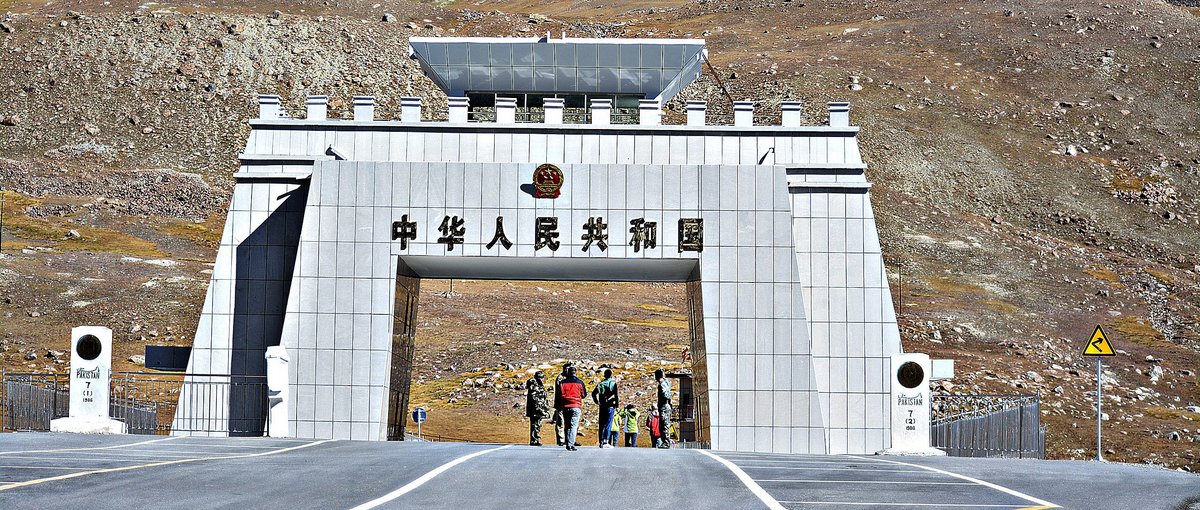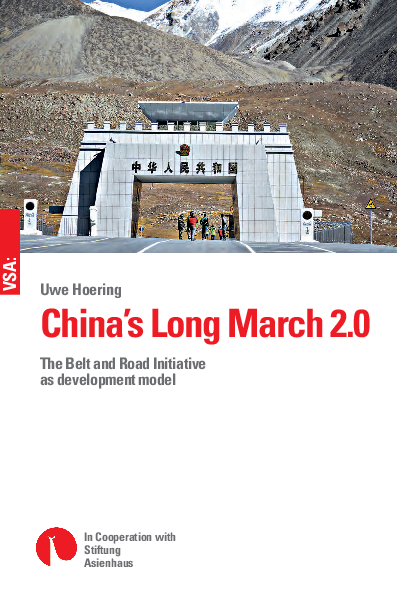Beijing’s “Belt and Road” initiative ties in with the former global political significance of the “Middle Kingdom” and at the same time draws up a blueprint for future greatness. By expanding transport infrastructure, energy supply and economic corridors between Asia, Africa and Europe, a “new golden age of globalization” is to be introduced.
In eleven chapters, Uwe Hoering traces central aspects of the project and questions whether this development strategy is compatible with democratic conditions, social and ecological justice, the protection of human and minority rights and the reduction of conflicts.
The book is also available in German (soft cover)
Autor:inneninformation
Uwe Hoering is a freelance journalist specialising in interna- tional financial institutions, agricultural investments in Africa and China’s role in South and Southeast Asia. During extended stays abroad in India and East Africa and numerous research trips to South Asia, Southeast Asia, China and Mongolia, his work has repeatedly dealt with topics that are also raised by B&R. In ad- dition to the activities of international financial institutions and China’s role in global agriculture, these include infrastructure development and economic corridors, the economic, social and ecological consequences of large-scale projects, the effects of re- source exploitation, the importance of civil society organisations and social movements, and the controversies surrounding devel- opment models and strategies. His publications include “Vorsicht Weltbank. Armut, Kli- mawandel, Menschenrechtsverletzungen“, „Agrar-Kolonialis- mus in Afrika. Eine andere Landwirtschaft ist möglich“ (both published by VSA: Verlag) and contributions in various publi- cations, including Blätter für deutsche und internationale Poli- tik, iz3w, junge Welt. He is a member of the board of the Stiftung Asienhaus in Cologne.










